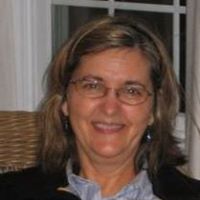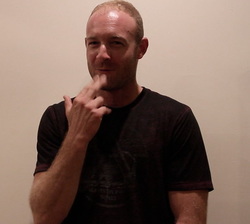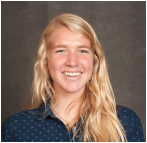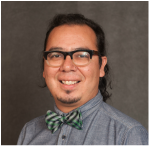Ted Supalla
|
Betsy Hicks McDonald
I assist Professor Supalla in cross-linguistic research on ASL and other signed and spoken languages. In addition, I am interested in pedagogical techniques in bilingual education. Previously, I designed and taught English-language courses with Deaf students. In this context, I designed accessible techniques for natural acquisition of English academic vocabulary. Within the SLRC research program, the exploration of historical trends in ASL pedagogy, polyglossia and metalanguage relate to this interest. My current professional interests include ASL dialectology and historical and regional dialects of ASL. |
Matt Malzkuhn
|
Tory Sampson
I manage and supervise ongoing projects, making sure that each project is proceeding smoothly and in a timely fashion. I assist in the lab with translating from ASL to English for the ASL Masters videos in the HSLDB, overseeing the lab website, and building coding systems for elicitation tests. Currently, I am the project coordinator for the development of the MOOC collaboration between the CNDLS team at Georgetown and the SLRL team. For my future research opportunities, I am interested in how the brain develops with various educational learning methods and linguistic exposure that one acquires throughout the developmental phases of childhood in different schools. Furthermore, I would like to research how that translates into social behavior during early and late adulthood. |
Gabriel Arellano
As a research specialist in the Sign Language Research Lab, I contribute to a corpus development project on early ASL, compile quantitative metadata on research questions, and also caption the films with glosses of the historical ASL signs. In addition, I provide technical support for fieldwork, transferring and digitizing video data. My interests include the documentation of indigenous sign languages from different countries. I received training in this area from University College London. I am also interested in raising awareness of sign languages as heritage languages, along with their roles in literacy development and STEM learning. |




